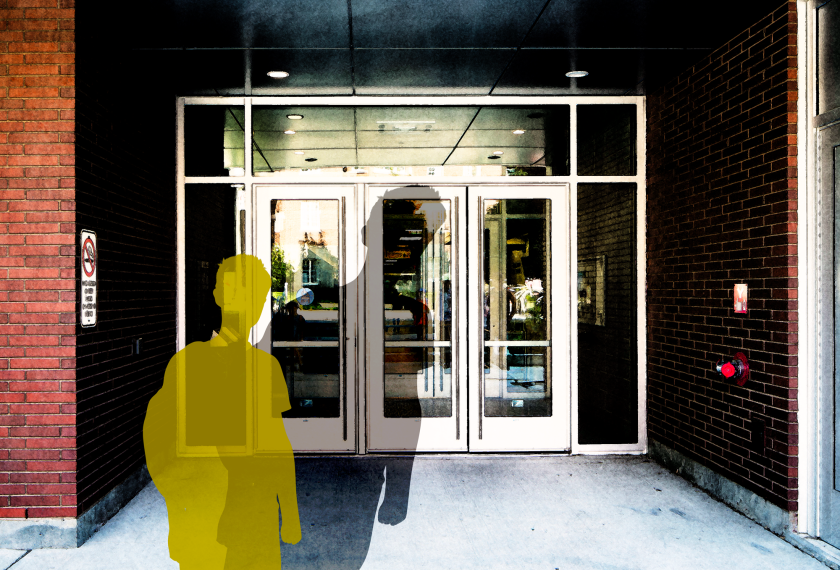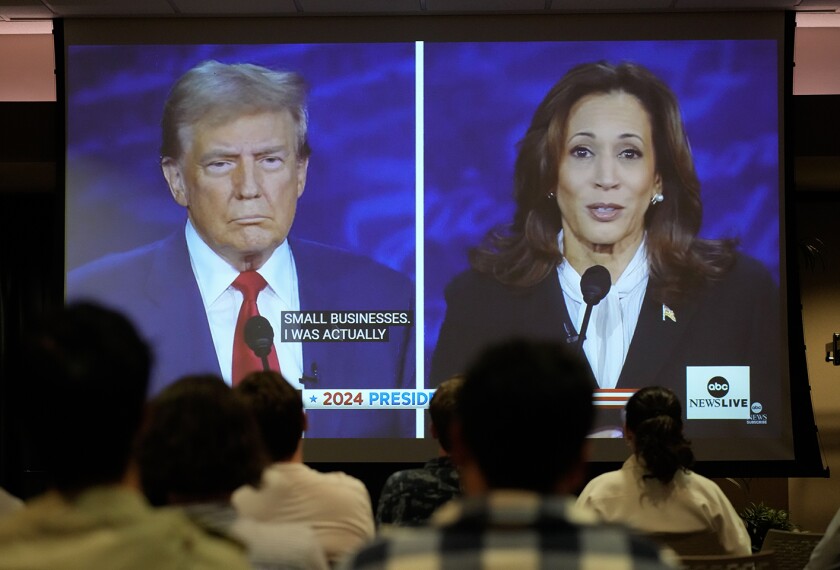Education savings accounts are dead in South Carolina—for now—after the state Supreme Court ruled Wednesday that the state’s newest private school choice program violates the state’s constitution.
The Education Trust Fund Scholarship Program, which Republican Gov. Henry McMaster signed into law in the spring of 2023, offers parents up to $6,000 in state funds for a wide range of private education expenses, including private school tuition, fees, transportation, and supplies. The legislature allocated funding for up to 5,000 students who previously attended a public school, and whose families earn up to 200 percent of the federal poverty level, to receive ESA funds this school year.
Eligibility was set to expand over the next two years to ultimately reach 15,000 students from families earning up to 400 percent of the federal poverty level by the 2026-27 school year.
In a 3-2 verdict on Sept. 11, however, judges ruled that the state constitution prohibits state lawmakers from directing “public funds to the benefit of private schools.”
“This is what our constitution forbids,” Justice D. Garrison Hill wrote in the majority opinion.
The ruling came in response to a legal challenge of the program by the South Carolina NAACP, the South Carolina Education Association, and six public school parents. The plaintiffs alleged that the ESA program violated constitutional restrictions on public spending for private institutions.
Ellen Weaver, the elected state superintendent of education and a Republican, said in a statement that the ruling “wreaks havoc on participating students and their families.”
“Families cried tears of joy when the scholarship funds became available for their children, and today’s Supreme Court ruling brings those same families tears of devastation,” she said.
The department didn’t respond to follow-up questions about the nature of that havoc. Step Up for Students, an advocacy group for private school choice, reported in July that families would start receiving funds later that month. Under the South Carolina law, this fall was the first in which families would receive money to enroll their children in private school.
Advocates knew ahead of time that this outcome was a possibility, said Chris Lubienski, a private school choice critic who is a professor of education policy at Indiana University.
“They went ahead with this knowing there were serious questions about legality,” Lubienski said. “That did set those families up for chaotic disruption.”
Lawmakers in the South Carolina House passed legislation in March to put the education savings account program on track for universal eligibility in the 2026-27 school year. But Senate leaders signaled they were reluctant to take up the legislation as this case was pending in state courts.
The families of slightly fewer than 2,900 students received ESA funds this school year. The state rejected another 5,000 students’ applications, according to data provided to the South Carolina Gazette.
Legal wrangling over ESAs is far from over
The ruling has immediate implications for participating families in South Carolina, as the court ordered the state to stop spending funds on ESAs. It also raises broader questions about the viability of private school choice programs currently in place in numerous other states.
Critics of private school choice are pursuing similar lawsuits in Ohio, Utah, and Wisconsin. The South Carolina case offers private school choice critics a potential roadmap.
The South Carolina verdict, however, may not be a “singular precedent in and of itself,” Lubienski said. State courts’ reactions to private school choice have been mixed, and each state constitution’s language on education is different.
Still, South Carolina isn’t the first state to see its private school choice program overturned. The Nevada Supreme Court in 2016 nixed a similar education savings account offering. Kentucky’s Supreme Court in 2022 knocked down state-funded tax-credit scholarships on constitutional grounds. West Virginia’s ESA was halted for four months before the state Supreme Court permitted it to proceed.
Seventeen states offer educational savings accounts to some or all families, according to Education Week’s tracker of private school choice legislation. Alabama, Louisiana, and Wyoming earlier this year became the latest states to offer them. Lawmakers in Texas and Tennessee are likely to consider new or expanded ESA offerings in their upcoming legislative sessions.
The South Carolina Policy Center, a right-leaning think tank that helped craft the ESA legislation, is pushing for Weaver and the state treasurer, Curtis Loftis, to appeal this week’s decision to the U.S. Supreme Court, which would then have to decide whether to take it up.
“Ultimately, we are severely disappointed for all the students in need who will no longer have an opportunity to pursue a higher-quality education that meets their needs,” said Sam Aaron, research director for the organization.
Advocates for ESAs in South Carolina could also try to restore the shuttered program by asking voters to approve a constitutional amendment that explicitly allows state funds to flow to private schools. The majority verdict itself raises that possibility: “Our General Assembly knew how to draft an amendment to present to the people that would allow public funding for private schools, but it did not,” Hill wrote.
But based on history, such a proposal could face an uphill battle. Of the 16 times states in the last half-century have asked voters to weigh in on school choice, school choice has only won out on two occasions, according to a brief by researchers at Indiana University-Bloomington. In both cases—Georgia and Washington—voters were throwing support behind charter schools, not private schools.
More ballot items on private school choice are on the horizon. This November, voters in Colorado, Kentucky, and Nebraska will weigh in.
Disclaimer: The copyright of this article belongs to the original author. Reposting this article is solely for the purpose of information dissemination and does not constitute any investment advice. If there is any infringement, please contact us immediately. We will make corrections or deletions as necessary. Thank you.







